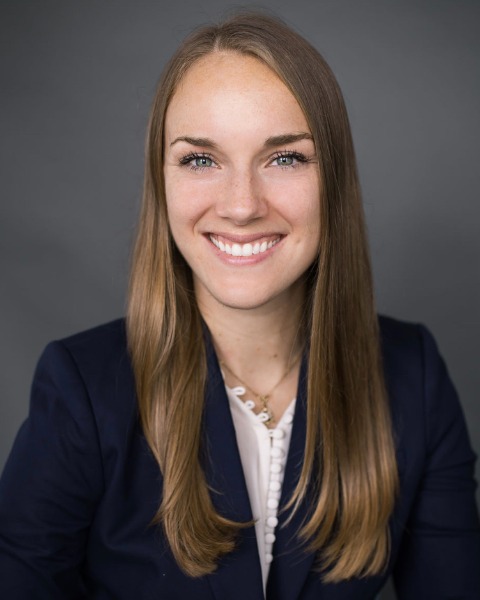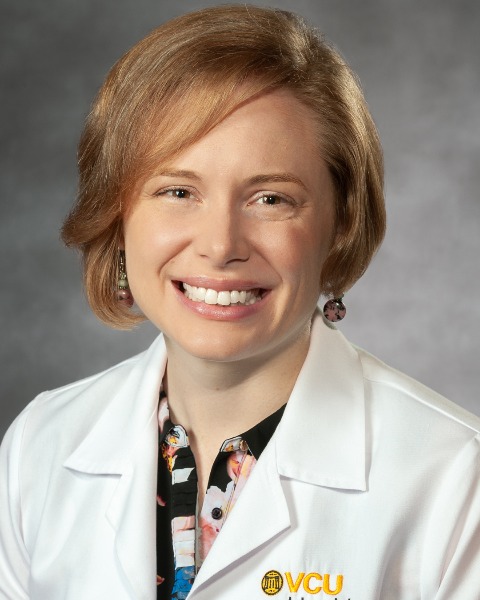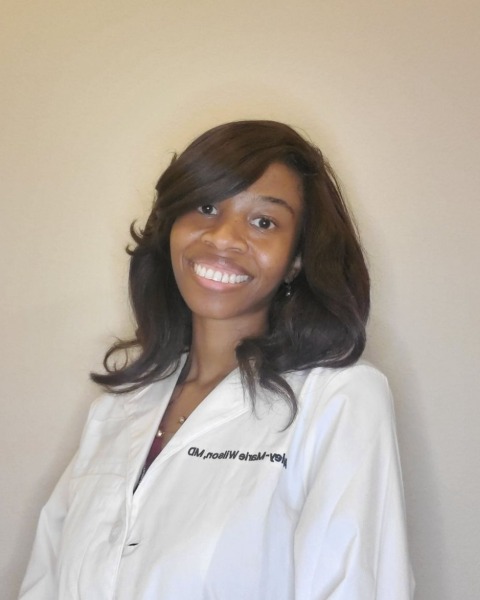Back
Workshop Session
5 Tips for Teaching Trainees about SUD in Integrated Clinic Settings
Saturday, April 2, 2022
3:00 PM – 4:00 PM ET
Location: Diplomat Ballroom 1&2, Second Floor
Mortality and morbidity due to opioid and substance use disorders (SUD) has been increasing in the United States. Integrating SUD management into a wide array of clinical specialties is a necessary component to combat the overdose crisis. However, true integrated care requires providers proficient in both SUD and their respective medical specialty. Therefore, it is imperative to equip medical providers early in training with knowledge of SUD and its treatments, as well as provide them an opportunity to practice clinical skills of identifying patients with SUD, interviewing patients, and initiating evidence-based treatments. At the Virginia Commonwealth University, our integrated Ob/Gyn and SUD clinic incorporates trainees across specialties and levels into its multidisciplinary team, including Addiction Medicine fellows, OBGYN residents, medical students, clinical psychology students, and social work interns. For the medical provider trainees (third-year medical students and first-year Ob/Gyn residents), we developed perinatal SUD curricula . Our objectives with these curricula are to provide trainees with: (1) foundational SUD knowledge, including its interactions during pregnancy and postpartum; (2) experience employing SUD-related clinical skills; and (3) practical tools to destigmatize SUD. Trainees answer pre- and post-surveys about their experiences rotating in our clinic, and teaching providers (residents, attending physicians, nurse practitioners) complete surveys to assess effectiveness, feasibility and acceptability of implementing these curricula in busy Ob/Gyn-Addiction clinics. In this workshop, we will break down our curricula, which are based in experiential-based learning theory, and their impacts on our trainees. Our workshop will employ multiple media, including videos to highlight trainee perspectives, an audience poll to gauge commonly-faced challenges with integrating learners, small group discussion to brainstorm methods of overcoming such challenges, and larger-group discussion of salient points learned from our clinical experience. Workshop presenters include a former fellow, current attending, medical student now resident; they will also provide their personal testimonies being both learners and supervising providers in the integrated care clinic. A major strength of our workshop is that all of our teaching points will be supported by data from our completed mixed-methods study evaluating the medical student curricula. The scientific value of our workshop is highlighted by how our teaching points are all derived from study results. Further, our workshop demonstrates best practice in addiction teaching, as we have adapted the curricula based on evaluations from participants, thus exemplifying how to bring scientific inquiry into medical practice, using data to inform how we deliver information and adapt to clinic practice. After completion of the workshop, participants will be able to develop and execute curricula for trainees in their work environments.
Learning Objectives:
Learners will be able to:
- describe the most salient teaching points when working with trainees in an integrated SUD clinic.
- identify the unique challenges of their clinical setting when incorporating learners into the workflow.
- begin to brainstorm solutions to their unique challenges to better incorporate learners.

Caroline R. Shadowen, MD
Resident Physician
VCU Health, Virginia
Caitlin E. Martin, MD, MPH
Dr. Caitlin Martin
Virginia Commonwealth Univeristy, Virginia
Ashley Wilson, MD
Addiction Physician
Lyra Health, North Carolina


